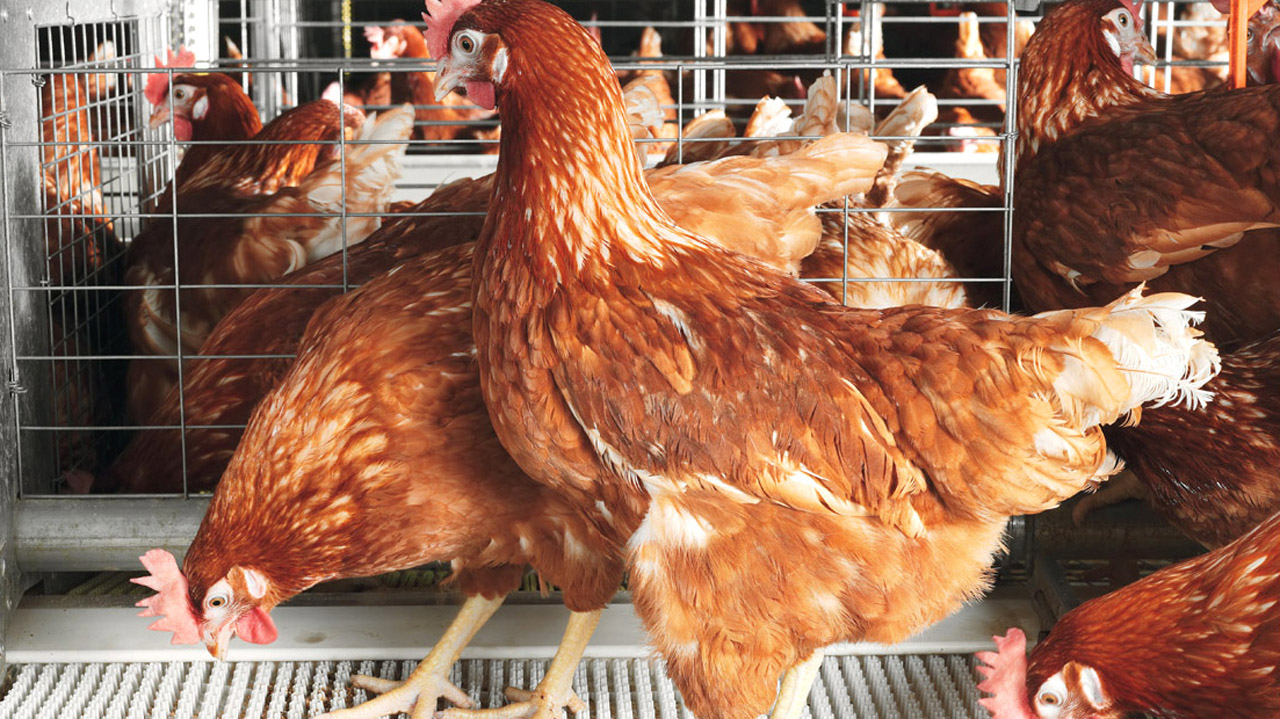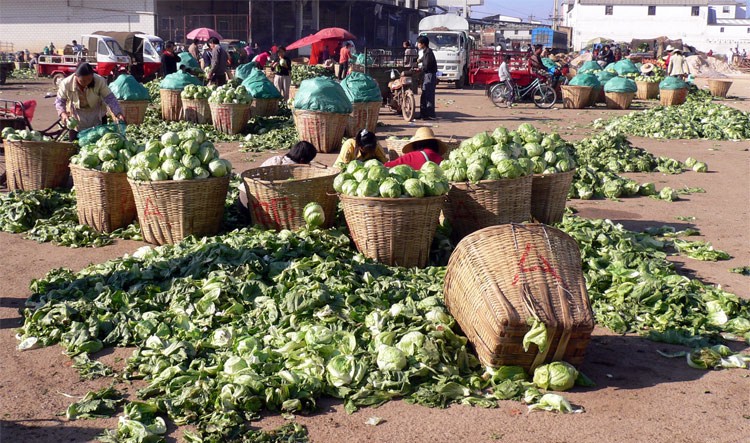The food and agricultural sector players have called on the Federal Government and other stakeholders to consider the adoption of an inclusive strategy that recognises the market structure of the industry.
The experts, who spoke at a mobilisation workshop for Technical Assistance Acceleration Programme (TAAP), said the country’s rice industry is similar to its edible oil industry as the value chains in both industries are highly fragmented.
The TAAP initiative, which will soon be launched by TechnoServe, a non-profit organisation, is aimed at increasing the diversity of fortified foods available in Nigeria.
This will focus on the selected food vehicles under the previous Strengthening African Processors of Fortified Foods (SAPFF) project and also include rice in its fortification drive.
Country Project Manager of TAAP, Ayodele Tella, emphasised the need to consider the market structure and look at what worked in the edible oil sector in drafting the policy document for rice fortification.
The SAPFF project ended in 2022 after five years of increasing processor compliance in fortification by understanding their challenges and helping close the gaps. In Nigeria, the selected food vehicles are wheat flour, sugar, and edible oil.
The Global Programme Director, TAA, TechnoServe, Dominic Schofield, disclosed that despite the progress made over the last two decades, Nigeria is faced with continuous challenges.
He said the Food and Agricultural Organisation (FAO) reported that 90.4 million Nigerians would be food insecure this year, a figure he noted has risen steadily since 2015, but now accelerating owing to the worsening insecurity, the pandemic, and Russia–Ukraine war.
Schofield said TAAP is a follow-up of the SAPFF initiative that lasted for five years, adding that the programme is a sense of refresh for Bill and Melinda Gate Foundation and partners to advance food fortification.
He described TAAP as one of the five pillars of a new strategy of the foundation, focused on fortification and built on the opportunities created by the SAPFF project.
According to him, the initiative is a global programme that would improve the leadership represented in Nigeria for food fortification that will scale the fortification of micronutrients.
The Country Director of TechnoServe, Adesuwa Akinboro, said large-scale food fortification is important, especially in a country with a population as large as Nigeria and with a high malnutrition rate.
“Evidence has shown that large-scale food fortification results in reductions in micronutrient deficiencies and malnutrition,” she said.
“I was fascinated by the work of TechnoServe, especially in the food fortification. I am impressed by the work that the SAFFP project accomplished, including the innovative platform called MFI, which is the first ever of its kind platform that ensures that food companies can report and track their levels of food fortification.”






